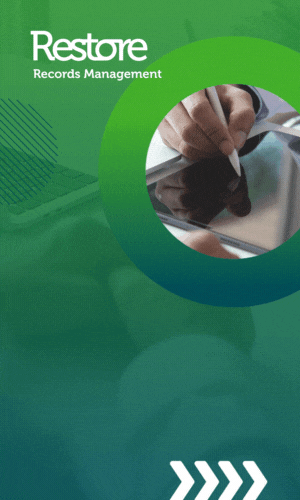UKCloud has announced the launch of a new division, UKCloud Health, which will deliver an open, collaborative and UK sovereign public cloud platform specifically to the healthcare industry, supporting health and care organisations, research and life sciences and pharmaceuticals.
The launch comes as research shows that 75 percent of UK adults are concerned about the protection of their personal data, including medical records, by companies and public services.
UKCloud Health launched with 29 partners and 30 customers, including Genomics England and the Devon Partnership NHS Trust. The initial UKCloud Health launch partners are Activ8rlives, Advice Cloud, Arctick, babylon, Brisskit (Red Informatics Ltd), Capgemini, Cinos Communications Services, Carelink, Cimar, CloudHub 360, Contract Sentinel, Digital Healthcare Management, Differentis, Docman, Egton, Fujifilm, Intec for Business, Informatica Systems, iSite, Rescon, MyLife Digital, MDS Technologies, Open Medical, Operon, PretaGov, Regify, RIVIAM Digital Care, Siemens Healthineers and Wiggly-Amps. The new division is also supported by a dedicated Advisory Board of prominent industry leaders, including Lord Paul Drayson, former Minister of State for Science and Innovation; Rachel Neaman, former Department of Health Digital Leader; and Cathrin Petty, European head of healthcare at CVC Capital Partners.
“To date, we’ve focused on developing a unique cloud platform exclusively to meet the needs of the UK public sector, with great success,” said Simon Hansford, CEO of UKCloud. “We’re now looking to replicate our business model with a new division exclusively focused on the healthcare sector, where cloud adoption rates are typically impeded by a host of different challenges.”
The interoperability of UKCloud’s Health platform provides an online community enabling open data sharing. As Hansford explained: “Vast quantities of data are generated by research institutions and companies, and as that research moves into product or drug development, yet more data is generated through trials, for instance. Once medication, procedures or devices are approved – which produces even more data – they reach the NHS and other mainstream health providers, where more data is generated and fed back through iterative cycles to the research institutions and pharmaceutical companies. We believe that providing a central, secure, open and collaborative cloud platform, where all of this data can be stored and appropriately shared, will provide a great deal of value to the healthcare industry as a whole.”
Hansford added: “There is undoubtedly a significant trust issue when it comes to the public perception of the security of highly sensitive data in the cloud. We pride ourselves on offering the highest possible levels of assurance and believe the ‘one-size-fits-all’ approach offered by US headquartered generalist cloud platforms is not appropriate for specialised sectors such as healthcare, where issues of trust, privacy and interoperability are particularly important. This is evident in recent research, which reveals that 82 percent of British adults believe that the Government should seek permission before storing and processing personal data with non-UK businesses.”





